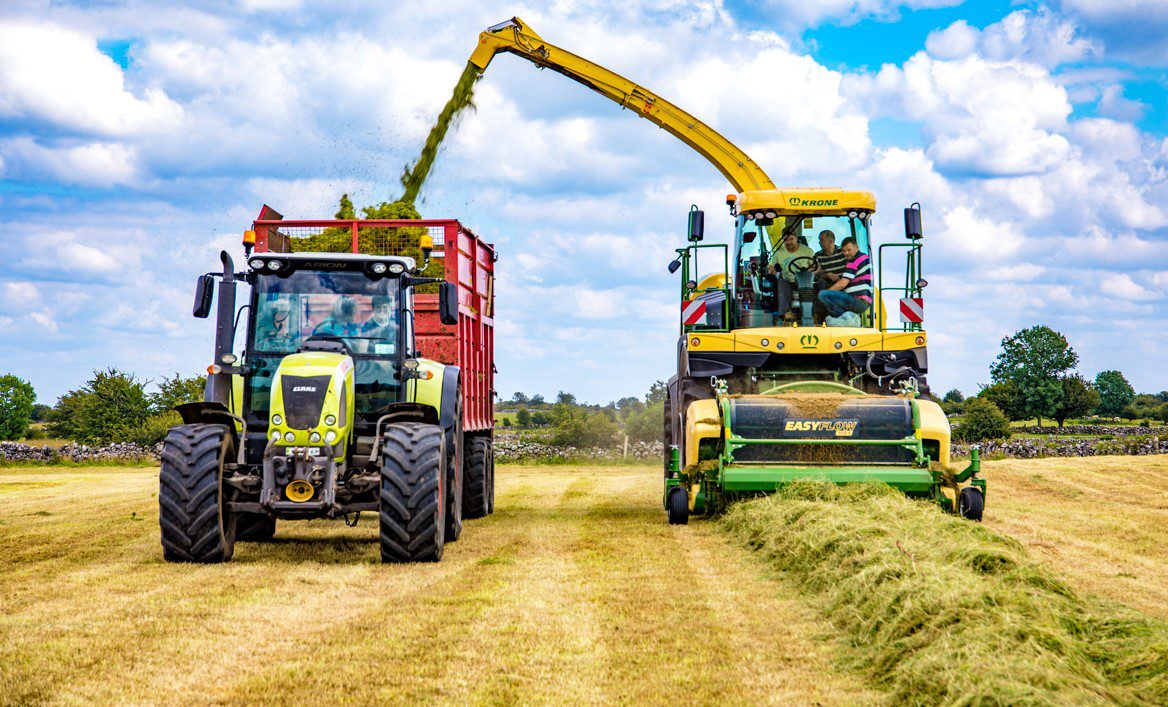The Association of Farm and Forestry Contractors in Ireland (FCI) says that it is “grossly insulted” by reports of a cut to excise duty that will see a 2c/L reduction in the cost of green diesel.
The association noted that agricultural diesel prices have risen by 75% in the last three months.
It is understood that the cabinet has – or will very shortly – agree a cut in excise duty that will lead to notable reductions in the price of petrol and white diesel.
However, the resulting cut to the price of green diesel is meagre by comparison.
“The reduction of 2c/L equals a €20 per 1,000L price reduction at a time when agricultural diesel prices have almost doubled,” said John Hughes, the national chairperson of the FCI.
He noted that the excise duty cut represents a 14% reduction in the non-carbon tax component of the tax payable on agricultural diesel, a figure he descried as “an insult to farm and forestry contractors”.
“These exorbitant agricultural diesel price increases, coupled with the lack of adequate government support, will force many farm and forestry contractors to consider the option of offering their services to farming this year,” Hughes warned.
“This token fuel tax reduction comes at a time when the Minister for Agriculture, Food and the Marine Charlie McConalogue is requesting farmers to grow more food.”
The FCI national chair accused the minister of “snubbing” the farm contractor sector by not including them in last night’s emergency meeting of farming organisations.
“Who does the minister and his officials think will do this additional emergency cultivations, sowing and harvesting work that he plans to put in place,” Hughes asked.
“Farm contractors are aggrieved that, once again, they have been left outside the door when it comes to planning for agricultural production but will be expected to be on the end of the phone line and quickly in the fields delivering quality and efficient work with their machines when the work has to be done.”
Hughes renewed the FCI’s demand for the suspension of the carbon tax on agricultural diesel for a period of five years to reduce costs and allow time for alternatives to internal combustion engines to be developed.
